In-Depth Guide to Home Security Audits
You’re at the right place if you’ve been wondering about ways to ensure your home is safe and sound. “In-depth Guide to Home Security Audits” is a valuable resource that will walk you through the complex world of home security. From understanding the basics, identifying weak points in your home to choosing the right security systems – this guide has got you covered. All designed to bolster the safety of your precious abode! Embrace a safer future by learning to conduct your home security audits like a pro.
Understanding Home Security Audits
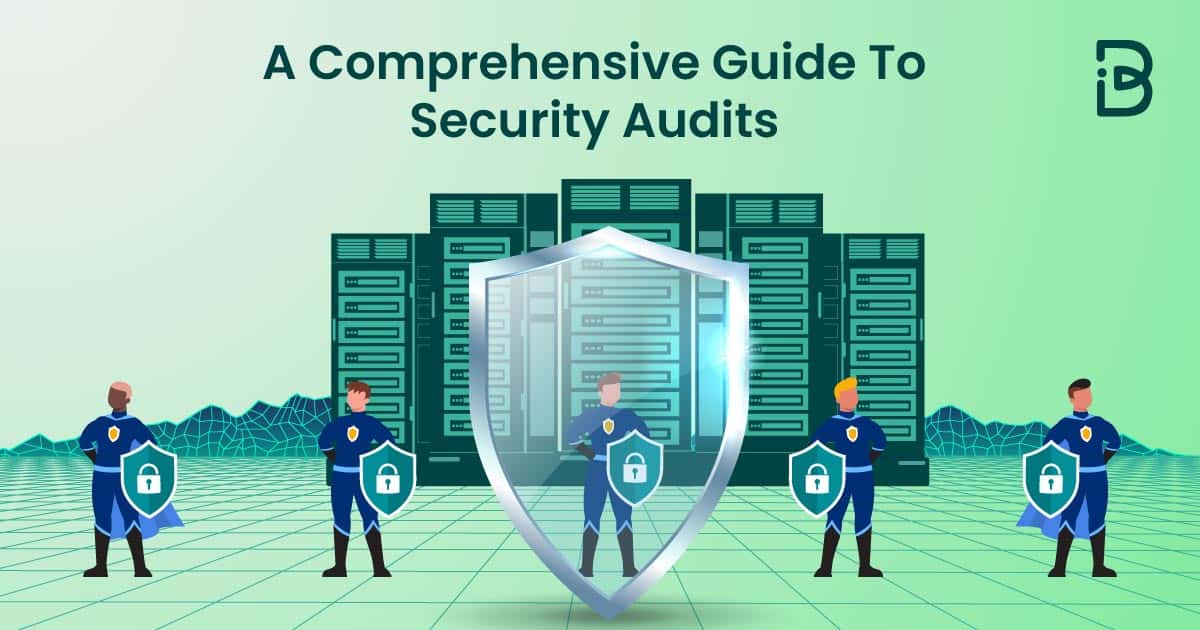
What is a home security audit?
A home security audit is a comprehensive assessment of your home’s current security state. With a security audit, you will identify potential vulnerabilities and determine ways to strengthen your home’s protective barriers. This process involves an in-depth examination of your home, both inside and outside, analysing entry points, lock systems, lighting, alarm systems, and even cyber security practices.
Why is it important?
Home security audits are important as they help you evaluate the safety measures already in place in your home and identify the areas where adequate security is lacking. Following an audit, you will have a clear understanding of what steps to take in order to bolster your home’s security, hence reducing the risk of burglary, vandalism, and other crimes.
Benefits of conducting a home security audit
There are several benefits associated with conducting a home security audit. Firstly, it helps ensure the safety and security of your family and property. By identifying possible weak points in your home’s security, it allows you to implement improvements before they can be exploited. Regular audits also encourage you to stay up-to-date with the latest security technology and methodologies, and help you maintain an effective and robust home security system.
Starting the Home Security Audit
Preparing for the audit
Start your audit by walking around your property and take note of any potential security weaknesses. Ensure you go through every area of your home, both interior and exterior. Create a detailed plan and checklist to make sure you don’t miss any potential security risk points.
Tools needed for the audit
At the very least, you’ll need a notepad and pen to jot down findings as you go along. Some people may prefer to use a digital device for note-taking. A flashlight would also come in handy for inspecting dimly lit areas or to check the conditions of locks and security installations.
Choosing the right time for the audit
Perform the audit at a time when you won’t be rushed and when you have enough daylight to check the exterior of your home properly. Depending on the size of your home, plan to set aside a few hours to complete the audit thoroughly.
Assessing the Exterior of Your Home

Checking for weak points
Check for weak points around your property perimeter such as low fences, damaged gates, or overgrown shrubbery that could be hiding spots. Pay close attention to doors and windows, ensuring they aren’t easily accessible from the outside and that their locks are functioning properly.
Evaluating lighting conditions
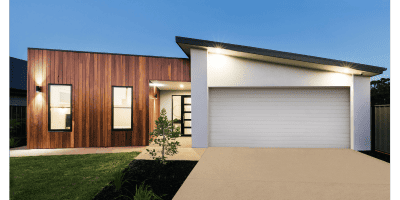
Outdoor lighting is a critical component of home security. Be sure all areas of your property are well lit, particularly around entrances and access routes. Poorly lit areas can provide cover for potential intruders.
Identifying hidden entry points
Hidden entry points such as air vents, dog doors, or basement windows often get overlooked during a security audit. You need to ensure that these unconventional entry points are secure.
Checking the state of doors and windows
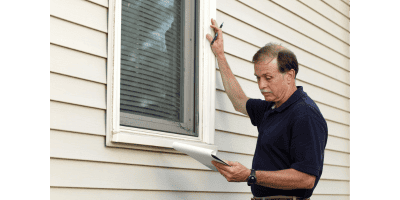
Examine the conditions of your external doors and windows. Look out for any damages or weaknesses in the frames which can be exploited, and take note of any locks that may need repairing or upgrading.
Assessing the Interior of Your Home
Assessing door and window locks
Ensure the internal locks on your doors and windows function properly. All doors should have a deadbolt lock, and windows should have lock mechanisms that hold them securely when they’re closed.
Checking alarm systems
Test your alarm system to ensure it is functioning correctly. Also, check if the alarm is easily triggered by non-threats like playful pets or heavy gusts of wind.
Assessing the security of personal valuables
Evaluate the security measures for your personal valuables such as jewelry, electronics, and important documents. Consider investing in a safe for storing these items, and ensure the safe is well-hidden and secured to the floor or wall to prevent it from being carried away.
Evaluating fire safety measures
Fire safety is a vital part of home security. Check that you have functioning fire alarms and that they are placed in appropriate areas of the home, such as the kitchen and bedrooms.
Reviewing Home Security Systems
Current system evaluation
Review your current home security system. Check to ensure all components are working as expected. This includes outdoor and indoor cameras, alarms, sensors, and control panels.
Determining if an upgrade is needed
Based on your audit findings, decide if you need to upgrade your current security system. If you find that your current set-up does not suffice in addressing security lapses, an upgrade or additional security measures might be necessary.
Choosing the right home security system
Choosing a home security system requires careful consideration based on your security needs and budget. Research different options, considering features such as alarm systems, video surveillance, and smart home compatibility.
Understanding Cybersecurity for Homes
Importance of cybersecurity at home
In this digital age, cybersecurity at home is just as important as physical security. It shields your personal and financial data from hackers, ensuring your online activities remain safe.
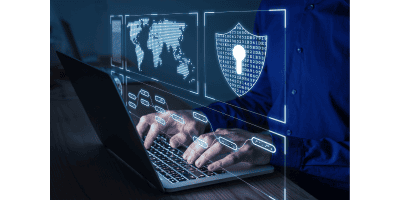
Checking your wifi security
Ensure your wifi network is secure. Check that you are using strong, unique passwords, and that your wifi is encrypted. Always be cautious when connecting devices and sharing network access.
Tips for more secure online activities
Utilise strong, unique passwords for your online accounts and consider a password manager to manage them effectively. Be wary of phishing scams and always verify the sources of emails or messages before clicking links or downloading attachments.
Child and Pet Proofing Your Home
Why child and pet proofing is important
Children and pets can unknowingly create security vulnerabilities in your home. Hence, it is important to make sure your home is child and pet proofed.
Key areas to focus on
Ensure that window locks, gate latches, and other secure areas are not easily reachable or openable by children or pets. Make sure all dangerous or hazardous materials are stored away safely.
Tools needed for child and pet proofing
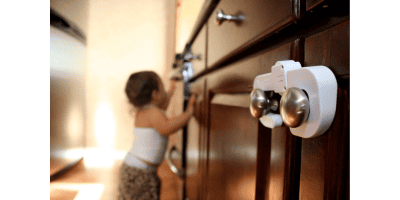
You might need child safety gates, cabinet locks, outlet covers, and corner bumpers among other things to ensure your home is safe for young children and pets.
Conducting Regular Maintenance Checks
Importance of regular maintenance
Regular maintenance is crucial in ensuring your security measures are effective. It allows you to spot any wear and tear and fix issues before they become potential weak points.
What should be included in a maintenance check?
Your maintenance check should include checking the functionality of locks, alarms, and sensors. Also, check for broken windows, doors as well as the condition of fences and gates.
Creating a maintenance schedule
Develop a maintenance schedule. Regular checks every few months should be adequate. However, if you’ve had recent security incidents, it might be advisable to do this more frequently.
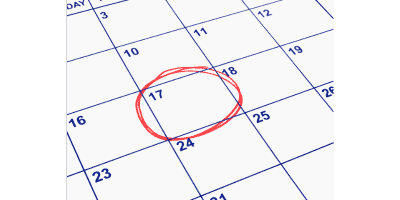
Creating a Home Security Plan
Components of a home security plan
Your home security plan should include an overview of your security measures, a regular maintenance schedule, emergency procedures, and contact numbers for your local police or security company.
Establishing routines for safety
Develop safety routines such as locking all doors and windows at night, setting alarms when leaving the house, and regular checks of fire safety devices.
Strategies for responding to security breaches
Solid strategies should be established in response to potential security breaches. This could include steps to follow when an alarm is triggered, how to safely leave the house in case of a break-in, and the numbers to call for immediate help.
Working with Professionals
Benefits of hiring a professional auditor
Hiring a professional security auditor can be beneficial as they have expertise in home security, can spot vulnerabilities you might miss, and can offer advice on the latest security technology and methods.
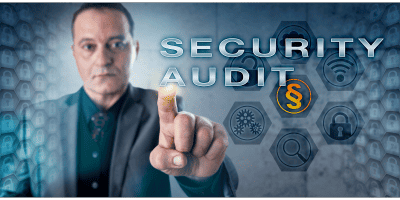
How to find a reputable security auditor
Do your research to find a reputable security auditor. Check for online reviews and ratings and take referrals from trusted sources.
What to expect from a professional audit
During a professional audit, the auditor will inspect your home, both indoors and outdoors, and evaluate your security systems. They will then provide a detailed report with their findings and give advice on how to improve your security measures.

 Outdoor lighting is a critical component of home security. Be sure all areas of your property are well lit, particularly around entrances and access routes. Poorly lit areas can provide cover for potential intruders.
Outdoor lighting is a critical component of home security. Be sure all areas of your property are well lit, particularly around entrances and access routes. Poorly lit areas can provide cover for potential intruders.
 Examine the conditions of your external doors and windows. Look out for any damages or weaknesses in the frames which can be exploited, and take note of any locks that may need repairing or upgrading.
Examine the conditions of your external doors and windows. Look out for any damages or weaknesses in the frames which can be exploited, and take note of any locks that may need repairing or upgrading.

 You might need child safety gates, cabinet locks, outlet covers, and corner bumpers among other things to ensure your home is safe for young children and pets.
You might need child safety gates, cabinet locks, outlet covers, and corner bumpers among other things to ensure your home is safe for young children and pets.


